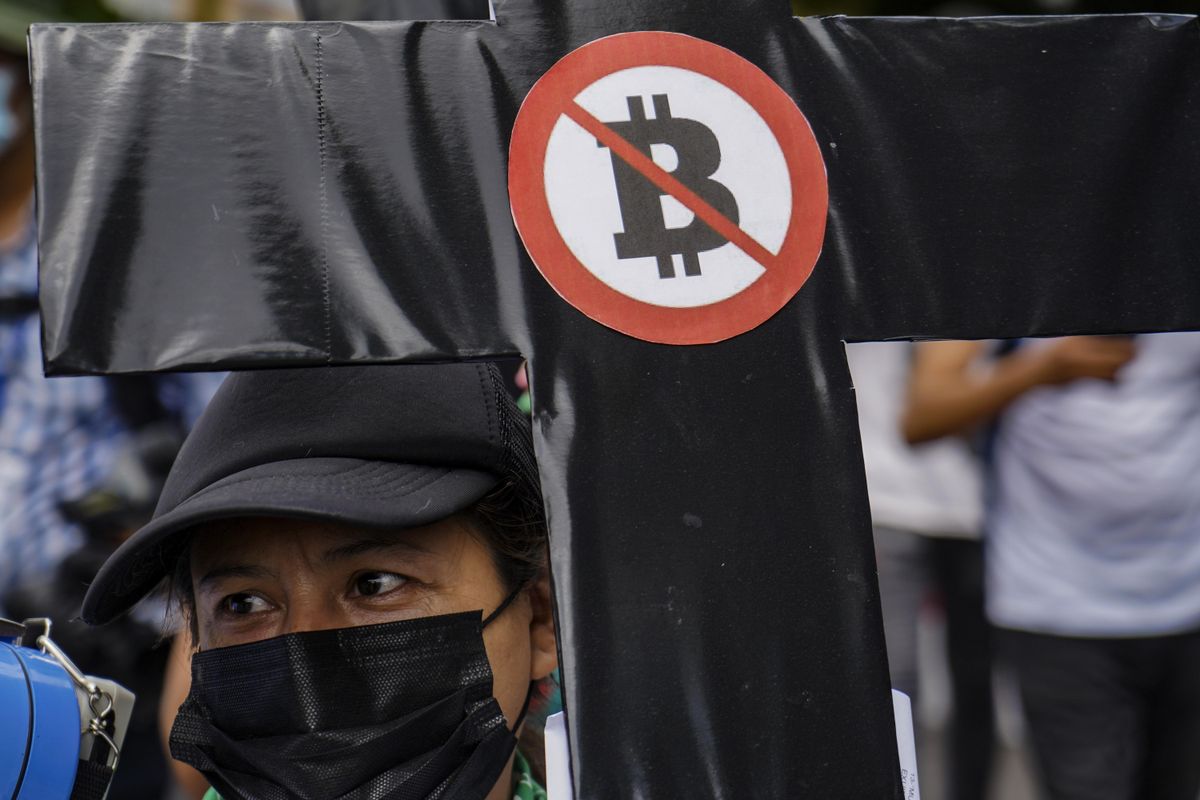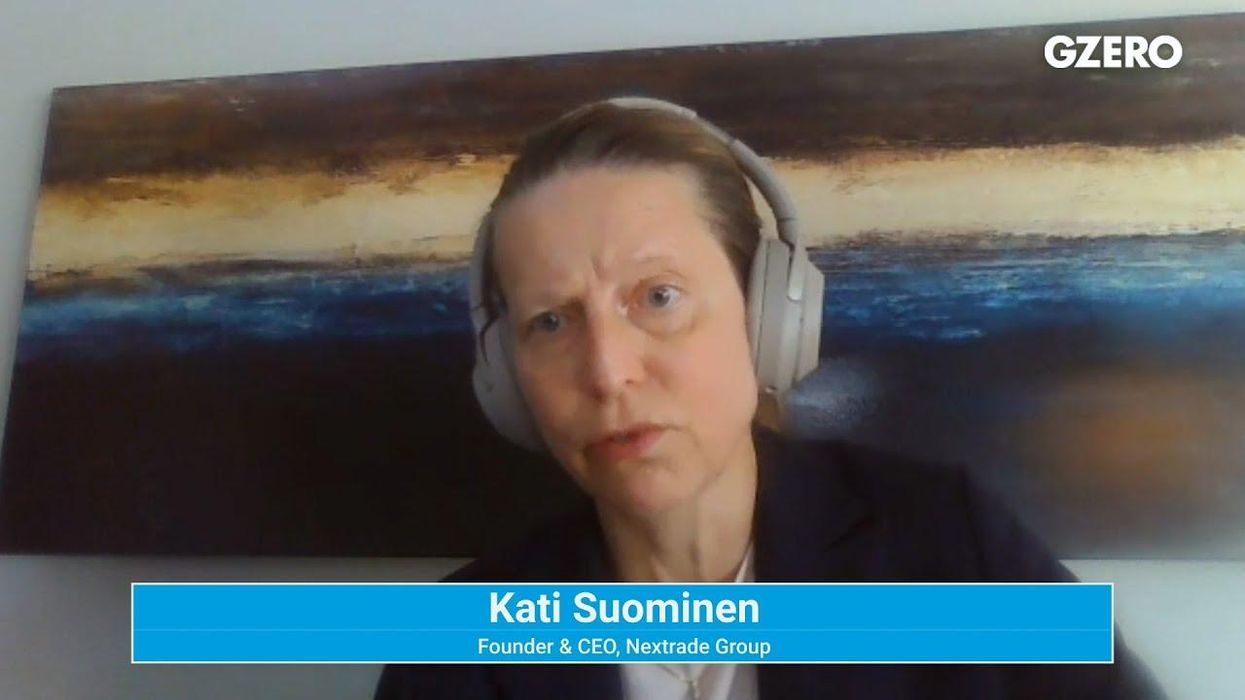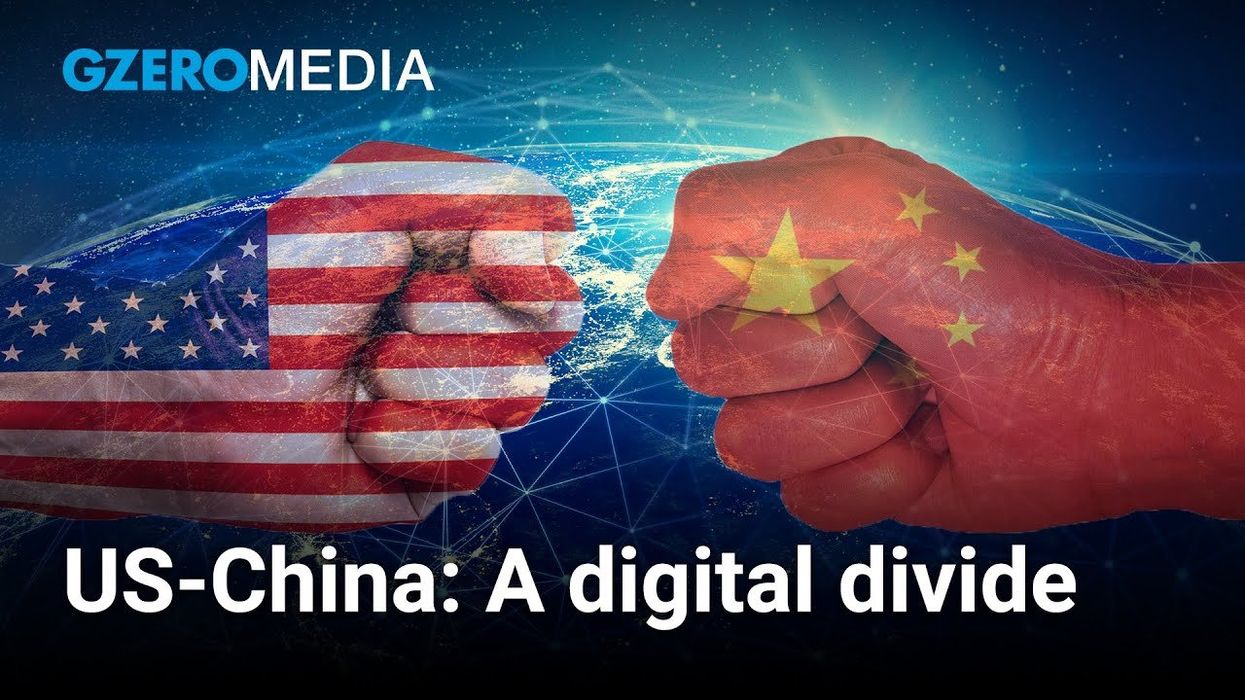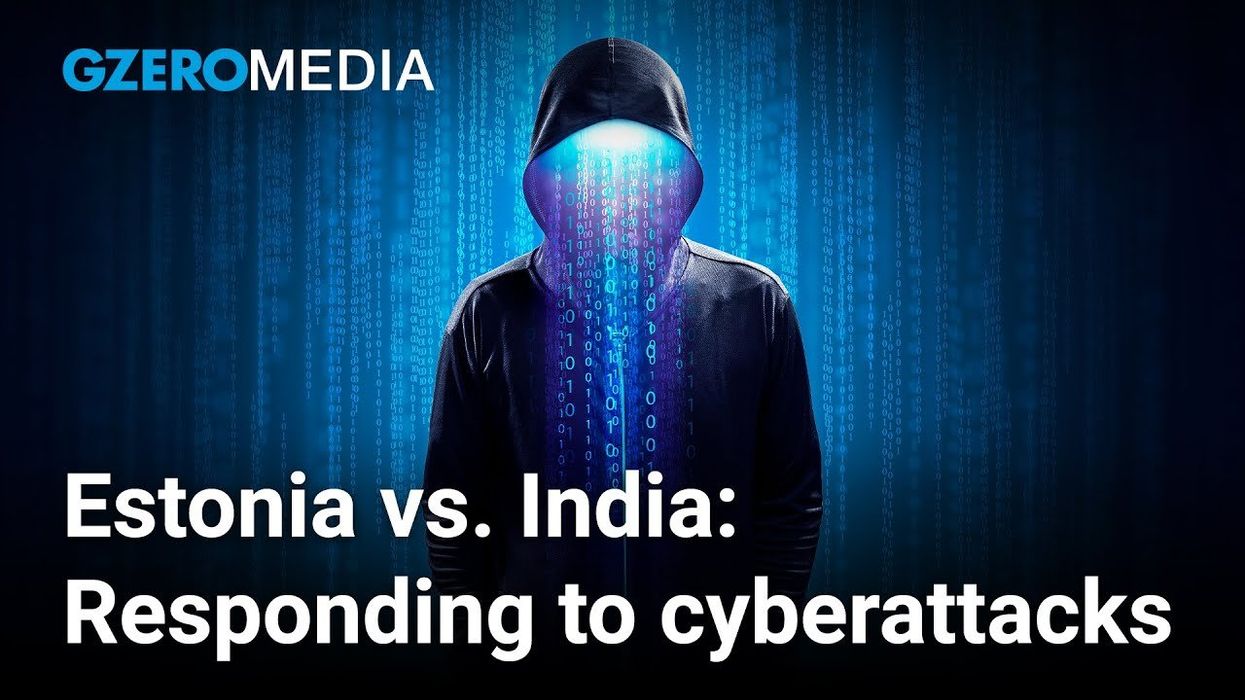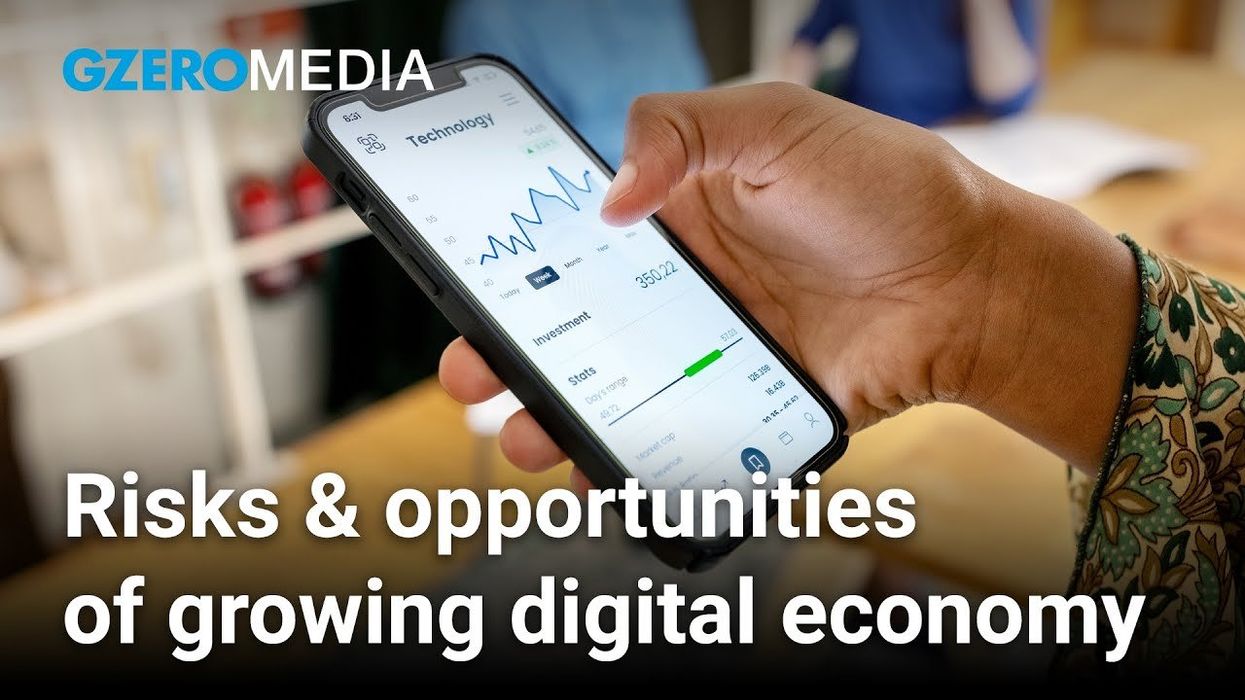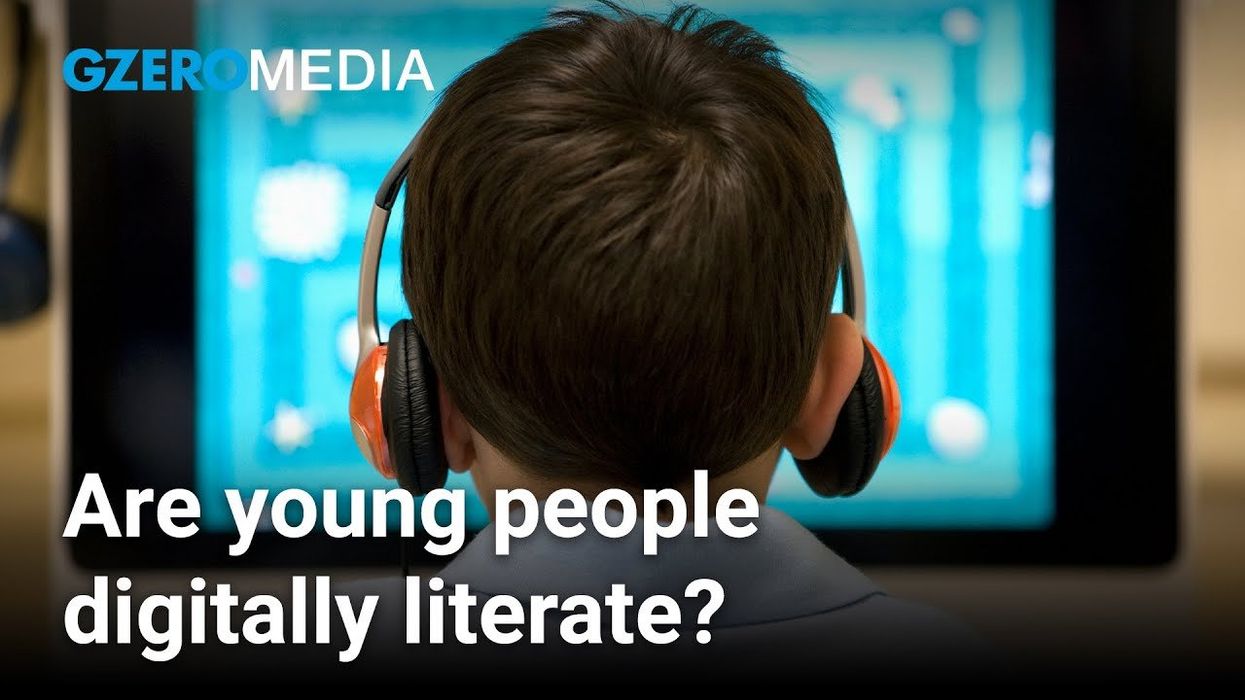2: El Salvador's crypto bro President Nayib Bukele has gone all in on Bitcoin, but his citizens are not yet sold on crypto for remittances, a lifeline for the economy. So far this year, only 2% of the money from Salvadorans working abroad was sent to their families using digital currencies.
3.5 trillion: The value of digital payments in China will reach a whopping $3.5 trillion by the end of the year, almost double the figure in the US. China is fast becoming a mobile-first economy, in part because sellers are allowed to make their own QR codes without purchasing fancy tech.
29 billion: Move over, Canada — Nigeria (!) now wants to become the world's first 100% cashless economy by embracing the eNaira. A year after launching the digital currency, the government says that full use of it will increase GDP by $29 billion over the next decade.
67: Two-thirds (67%) of the EU's adult population purchased stuff over the internet in 2021, according to a new survey. The highest adoption of online e-commerce was reported in the Netherlands and the lowest in Bulgaria.
